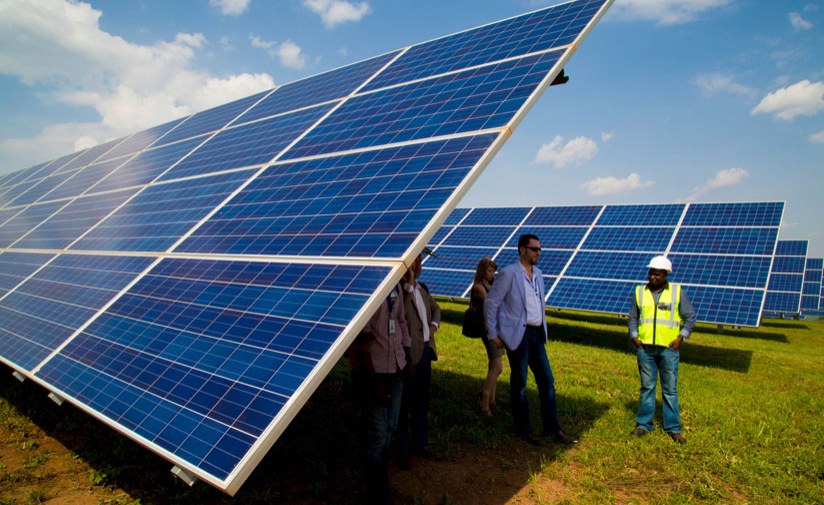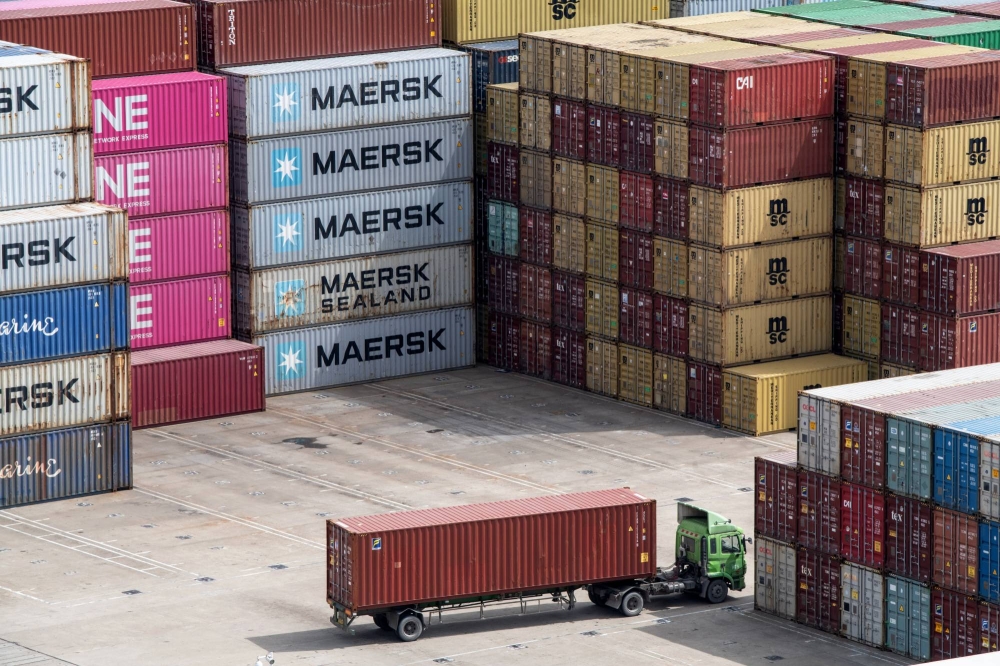Assessing the Impact of Energy Transition on Petrostates’ Fiscal Stability
A recent report by Carbon Tracker has spotlighted Nigeria as the most vulnerable among 28 ‘petrostates’ facing potential revenue loss of $8 trillion by 2040. The study, titled “Petrostates of Decline: Oil and Gas Producers Face Growing Fiscal Risks as Energy Transition Unfolds,” delves into the substantial risks that oil-dependent nations, such as Nigeria, encounter as the global energy landscape undergoes a profound transformation.
Petrostates’ Risk Amid Energy Transition
Petrostates, heavily reliant on oil and gas exports, are witnessing escalating fiscal risks due to the shifting dynamics of falling demand for traditional energy sources. The report warns that the economic shockwaves from fluctuating oil prices could be detrimental, especially for nations overly dependent on hydrocarbons.
Nigeria’s Predicament and Global Petrostate Vulnerability
Despite a decline in Nigeria’s oil sector contribution to GDP from 10% in 2019 to 5.34% in Q2, 2023, the country still earns over 90% of its foreign exchange from the sector. The vulnerability of 28 out of 40 petrostates to oil and gas revenues remains a significant concern, with Africa, including Nigeria, Angola, and Chad, occupying the highest tier of risk.
Challenges and Urgent Measures for Petrostates
The report underscores the urgent need for petrostates to diversify their economies and reduce dependency on fossil fuels. It recommends economic diversification, fossil fuel subsidy reform, sovereign wealth funds, and the establishment of new taxes to mitigate risks associated with the energy transition. Petrostates are urged to seek support from the international community and explore transition finance to future-proof their economies.
A Call for Economic Transformation
As fossil fuel demand experiences an “irreversible decline,” petrostates must navigate these challenges by embracing sustainable policies. The report serves as a clarion call for petrostates, including Nigeria, to adopt forward-looking approaches, fostering economic resilience in the face of an evolving global energy landscape.
Source: thisdaylive.com





